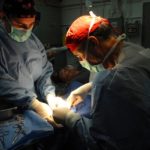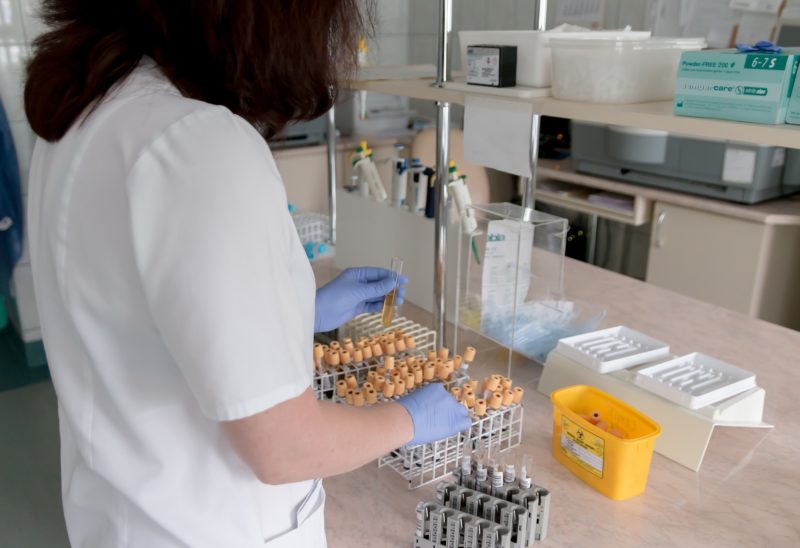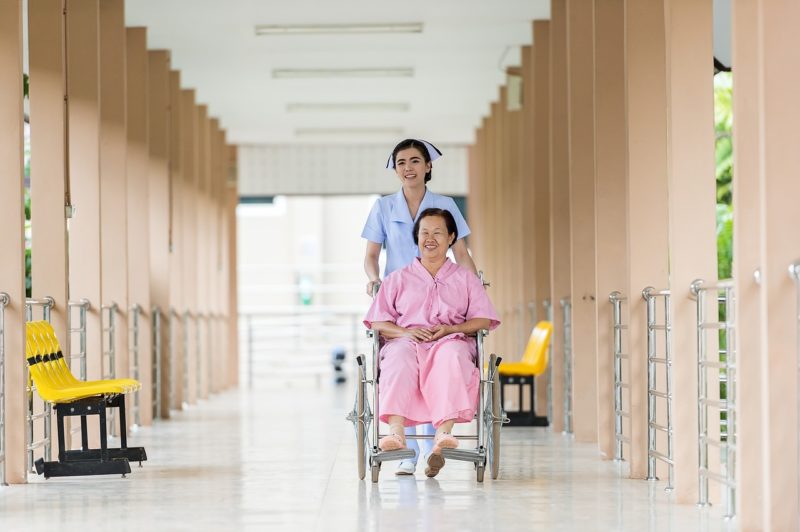Healthy Patients

Antimicrobial resistance (AMR)
AMR develops when bacteria, fungi or viruses are exposed to antibiotics, antifungals or antivirals. As a result, the antimicrobials become ineffective and infections may persist. In addition, medical interventions including surgery, chemotherapy and stem cell therapy may become impossible.
AMR is considered the biggest global threat of Health and Food Safety.
AMR Insights
For Healthcare professionals who wish to prevent Antimicrobial resistance, AMR Insights offers selected, global information and data, specific education and extensive networking and partnering opportunities.
AMR Insights is for:
- Medical Microbiologists, Infectiologists and other specialists
- General Practitioners, Pharmacists
- Infection Prevention Experts and nurses
- Medical Docters and Caretakers in nursing homes
- Managers and Labtechnicians of Microbiological Laboratories.
Latest Topics
-
 10 February 2026
10 February 2026Exploring antibiotic stewardship interventions within a One Health context: a scoping review
This scoping review examines antibiotic stewardship interventions through a One Health lens, recognizing that antibiotic resistance (ABR) arises from interconnected human, animal, and environmental systems and is driven largely by antibiotic overuse and misuse. Reviewing 29 policy interventions, the study maps the current stewardship landscape and assesses interventions across 26 characteristics, including scope, implementation, One […]
Read more... -
 30 January 2026
30 January 2026Drug Resistance Patterns and Pathogen Distribution in Patients with Urinary Tract Infection in Suzhou, China: A Five-Year Retrospective Study (2020–2024)
This five-year analysis of 9,249 positive urine cultures from UTI patients in Suzhou, China (2020–2024) found that infections predominantly affected women and older adults, with Escherichia coli as the leading pathogen, followed by Enterococcus faecalis, Klebsiella pneumoniae, and Enterococcus faecium. While E. coli showed a significant decline in resistance to third- and fourth-generation cephalosporins and […]
Read more... -
 21 January 2026
21 January 2026Rapid Antimicrobial Resistance Detection Methods in Solid Organ Transplant Recipients
Antimicrobial resistance is a growing global public health threat, with solid organ transplant recipients particularly vulnerable to infections caused by multidrug-resistant bacteria, leading to increased morbidity and mortality. While rapid diagnostic assays for AMR detection have advanced and are increasingly integrated into routine clinical care for the general population, evidence on their performance and clinical […]
Read more...
More news related to Healthy patients





